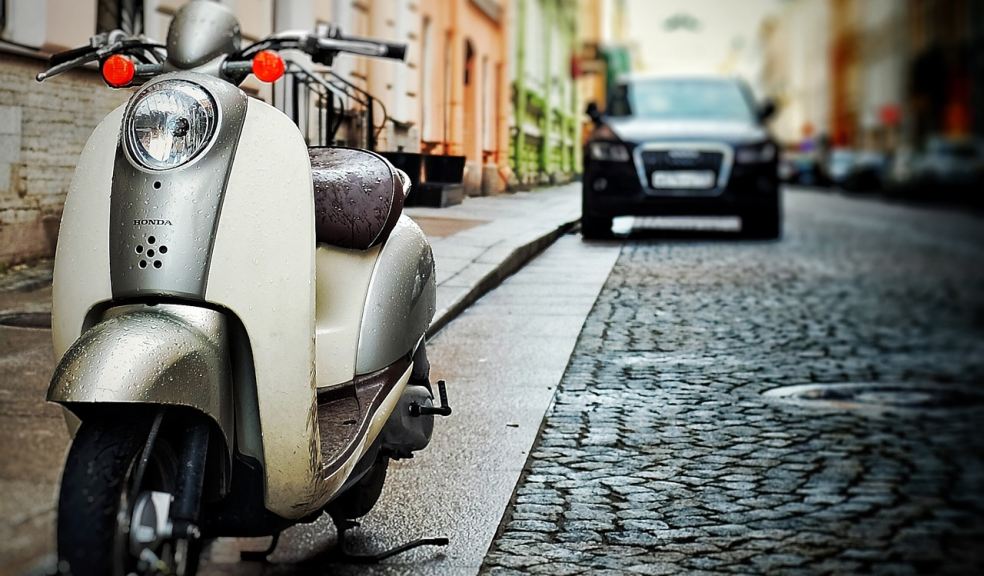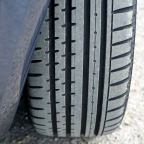
A Guide to Buying Your First Scooter
Embracing the world of scooters for the first time is an exhilarating journey that promises a new level of mobility and freedom. Whether you're a city commuter or an adventurer at heart, a scooter can be the perfect companion for navigating urban streets and beyond. This article serves as your comprehensive guide to purchasing your first scooter, ensuring a smooth and informed transition into the world of two-wheeled transportation.
1. Assess Your Needs and Budget
Determine your primary reasons for getting a scooter. Are you using it for daily commutes, weekend rides, or a combination of both? Your usage pattern will influence the type of scooter that best suits your needs.
Next, set a realistic budget that covers the cost of the scooter, taxes, registration, insurance, safety gear, and any necessary accessories. Remember that your budget should encompass both the initial purchase and ongoing expenses. Talk to experts such as bmgscooters.com to determine which bike suits your needs best.
2. Research Scooter Types
- Commuter Scooters: Ideal for city dwellers, commuter scooters are compact, fuel-efficient, and easy to maneuver in traffic.
- Classic Scooters: Known for their timeless design and relaxed vibe, classic scooters offer both style and functionality for urban and casual rides.
- Maxi Scooters: If you're looking for more power and comfort, consider maxi scooters suitable for city commutes and longer journeys.
3. Consider Engine Size
- 50cc Scooters: Perfect for short commutes and urban environments, 50cc scooters are easy to handle and often don't require a motorcycle license.
- 125cc Scooters: A step up in power, 125cc scooters offer better performance and versatility for both city and suburban riding.
4. Research and Test Rides
Use manufacturer websites, reviews, and forums to gather information about scooter models, features, and specifications. Ensure you visit scooter dealerships to see the scooters in person, sit on them, and discuss your options with knowledgeable sales staff.
Take test rides to evaluate the scooter's comfort, handling, and overall feel on the road whenever possible.
5. Evaluate Safety Features
Look for scooters with reliable braking systems, such as disc brakes, to ensure effective stopping power. Consider scooters with ABS, which prevents wheel lock-up during hard braking and enhances stability.
6. Choose the Right Size
Ensure the scooter's seat height, handlebar position, and footpeg placement are comfortable for your body size and riding style.
7. Understand Maintenance Needs
Research the scooter's maintenance requirements and whether it's user-friendly for routine servicing. Check the manufacturer's warranty and the availability of service centers in your area for easy maintenance.
8. Safety Gear and Training
- Helmet: Invest in a high-quality, DOT-approved helmet that fits snugly and provides optimal protection.
- Protective Gear: Consider gear such as gloves, a riding jacket, pants, and sturdy footwear to ensure safety.
- Training: Enroll in a motorcycle safety course to learn riding techniques, traffic rules, and essential skills.
9. Negotiate and Finalize the Purchase
Don't hesitate to negotiate the price and explore financing options if needed. Ensure all necessary paperwork, including registration and insurance, is completed before taking possession of your scooter.
10. Start Slow and Build Confidence
Begin with short, low-traffic rides to get used to the scooter's controls, handling, and balance. Gradually increase the complexity of your rides as you gain confidence and improve your riding skills.
Conclusion
Buying your first scooter is an exciting step toward a new world of mobility and adventure. By carefully assessing your needs, conducting thorough research, considering safety features, and making an informed decision, you can confidently embark on your scooting journey. Remember that your first scooter is not just a mode of transportation but a gateway to newfound freedom and endless possibilities on the open road.













